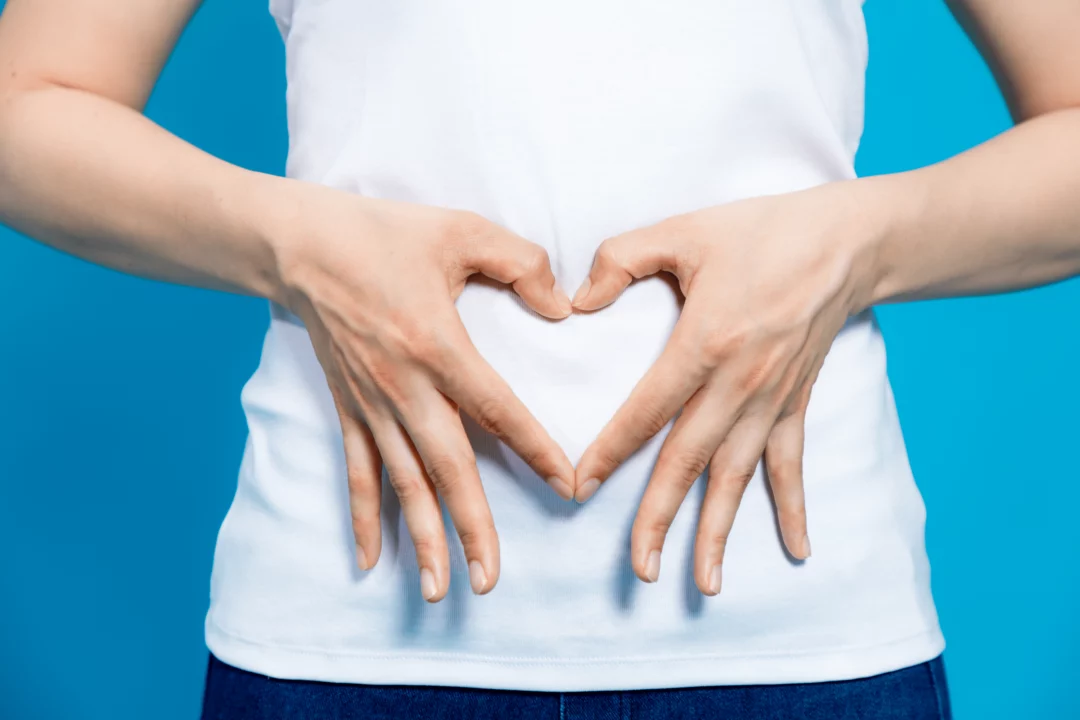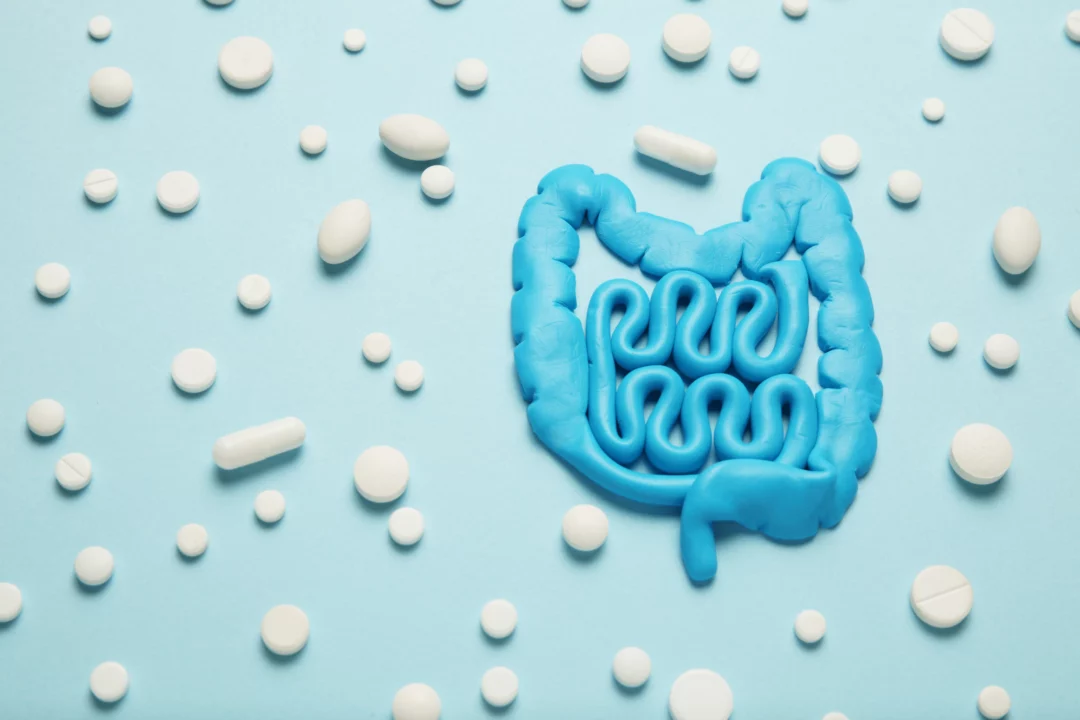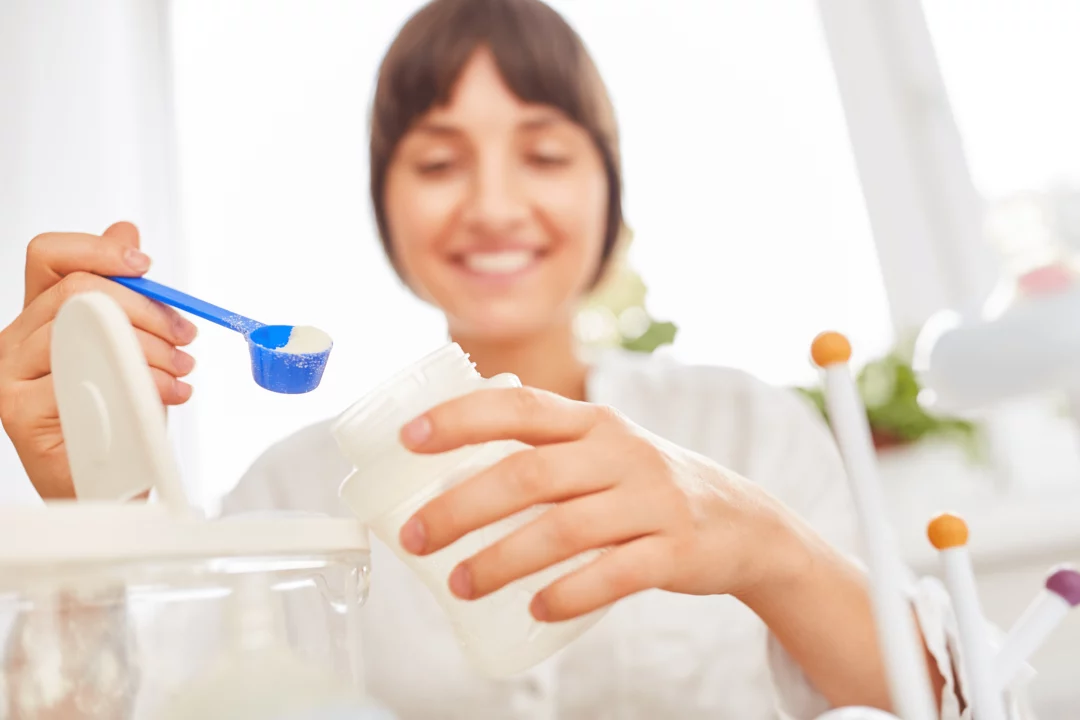
You probably know that when you take antibiotics, your doctor will always recommend that you also take probiotics. But probiotics are not only useful when. When else are they beneficial to our body and why?
 Have you ever thought about these terms – antibiotics vs. probiotics? Anti-biotics vs. Pro-biotics? It is no coincidence that they have the same root word and different, even opposing, prefixes.
Have you ever thought about these terms – antibiotics vs. probiotics? Anti-biotics vs. Pro-biotics? It is no coincidence that they have the same root word and different, even opposing, prefixes.
Biotic means “life.” The prefixes “pro” and “anti” probably don’t need to be explained.
Antibiotics are used to treat inflammatory diseases. So it destroys bacteriaUnfortunately, it cannot distinguish between good and bad bacteria, and therefore often destroys the good ones that we need for our health and functional immune system.
On the contrary probiotics are living organisms. They help maintain good and bad bacteria in the body in balance, which is important for healthy intestinal microflora. It makes up to 80 % immune system.
Probiotics should therefore be taken at the same time as antibiotics and for at least 14 days after they have been taken. To achieve the best effect, it is good to leave a gap of at least 14 days between the antibiotic and the probiotic. 2 hours.
 Intestinal microflora consists of about one hundred trillion different bacteria. And this intestinal microflora affects our immunity by up to 80-90%. It is therefore clear that we should really care about keeping our intestines in order and that the bacteria in them are in balanceAs soon as some bad, pathogenic bacteria appear there, it can harm us.
Intestinal microflora consists of about one hundred trillion different bacteria. And this intestinal microflora affects our immunity by up to 80-90%. It is therefore clear that we should really care about keeping our intestines in order and that the bacteria in them are in balanceAs soon as some bad, pathogenic bacteria appear there, it can harm us.
Lack of good bacteria It can lead to a variety of problems, including digestive problems such as diarrhea or constipation, yeast infections in the vagina or mouth, eczema, and various other inflammatory diseases, but they can lead to the outbreak of autoimmune intestinal disease.
 Probiotics Although these diseases do not cure themselves, they do, however, by help maintain levels of good bacteriacan be of great help as a powerful adjunct to treatment. However, for some problems, they can also prevent.
Probiotics Although these diseases do not cure themselves, they do, however, by help maintain levels of good bacteriacan be of great help as a powerful adjunct to treatment. However, for some problems, they can also prevent.
They are definitely effective for diarrheal diseases, whether during antibiotic treatment or, for example, when traveling to exotic countries, but also when irritable bowel syndrome therapy or treatment idiopathic proctocolitisThey are also recommended for pregnant women, as they significantly reduce fetal mortality.
The first colonization of the intestines by bacteria occurs during vaginal birth, when the baby passes through the birth canal and takes on the mother's bacteria. That is why it is good for the expectant mother to make sure that her vagina is not populated by pathogenic organisms as the birth approaches. And this will also help appropriately selected probiotics.
 Prebiotics are important auxiliary substances that make up food for bacteria. They thus obtain suitable conditions for their growth, reproduction and establishment of new colonies. It is found naturally mainly in fruits, such as bananas and apples, but also in vegetables, such as onions.
Prebiotics are important auxiliary substances that make up food for bacteria. They thus obtain suitable conditions for their growth, reproduction and establishment of new colonies. It is found naturally mainly in fruits, such as bananas and apples, but also in vegetables, such as onions.
Symbiotic then the right combination of probiotics and prebiotics is.
Postbiotic are the resulting substances of the metabolic process of bacteria. They are very important for the proper functioning of the immune system.
 The most common probiotic strains we encounter are:
The most common probiotic strains we encounter are:
Did you know that kombucha extract is the best and most concentrated natural source of a range of minerals, vitamins and organic acids? This fermented probiotic drink has been used for centuries to support detoxification and overall health.